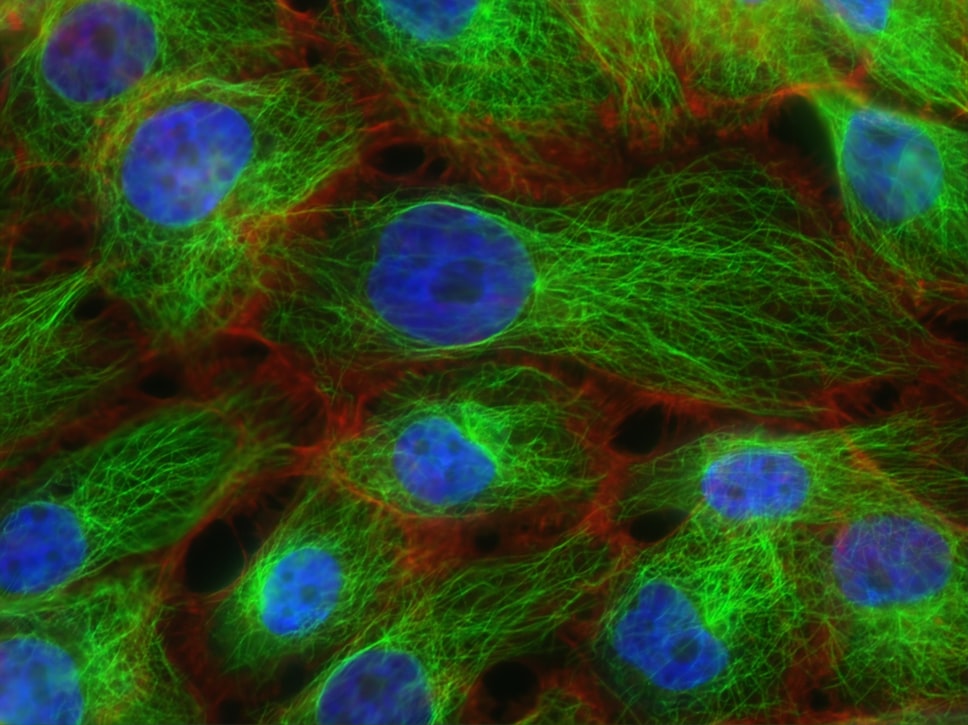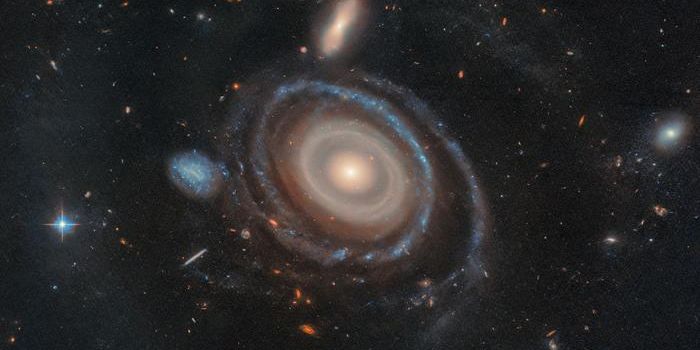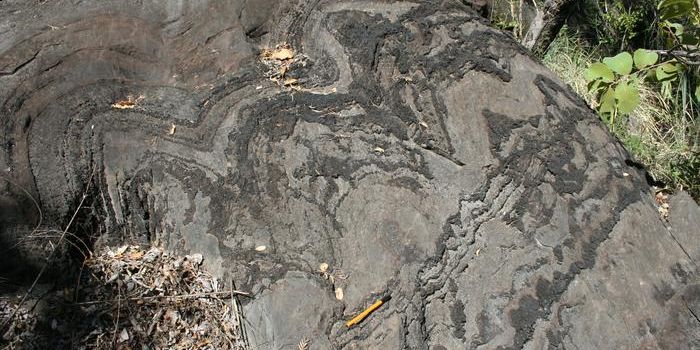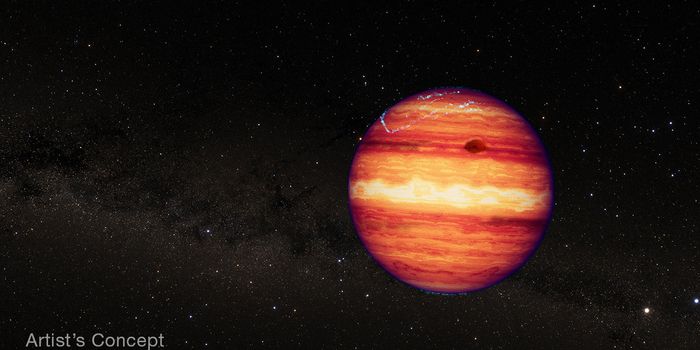Computational Tool Advances Cell Imaging
Researchers at City University of Hong Kong (CityU) have developed a novel computational tool that can construct three-dimensional (3D) shapes and temporal changes of cells.
"It is a powerful computational tool that can segment and analyse cell images systematically at the single-cell level, which is much needed for the study of cell division, and cell and gene functions," described Professor Yan Hong, Chair Professor of Computer Engineering and Wong Chung Hong Professor of Data Engineering in the Department of Electrical Engineering (EE).
The tool is called "CShaper” and will help biologists revolutionize the way they analyze image data—particularly for imaging of cancer cells.
"Using CShaper, biologists can decipher the contents of these images within a few hours. It can characterise cell shapes and surface structures, and provide 3D views of cells at different time points," said Cao Jianfeng, a PhD student in Professor Yan's group, and a co-first author of the paper.
Learn more about biological imaging:
Findings were published in the scientific journal Nature Communications in the article titled "Establishment of a morphological atlas of the Caenorhabditis elegans embryo using deep-learning-based 4D segmentation."
"With estimated 20,000 genes in C. elegans, it means nearly 20,000 experiments would be needed if knocking out one gene at a time. And there would be an enormous amount of data. So it is essential to use an automated image analysis system. And this drives us to develop a more efficient one," says Professor Yan.
"To the best of our knowledge, CShaper is the first computational system for segmenting and analysing the images of C. elegans embryo systematically at the single-cell level," said Mr Cao. "Through close collaborations with biologists, we proudly developed a useful computer tool for automated analysis of a massive amount of cell image data. We believe it can promote further studies in developmental and cell biology, in particular in understanding the origination and growth of cancer cells," Professor Yan added.
Source: Science Daily









